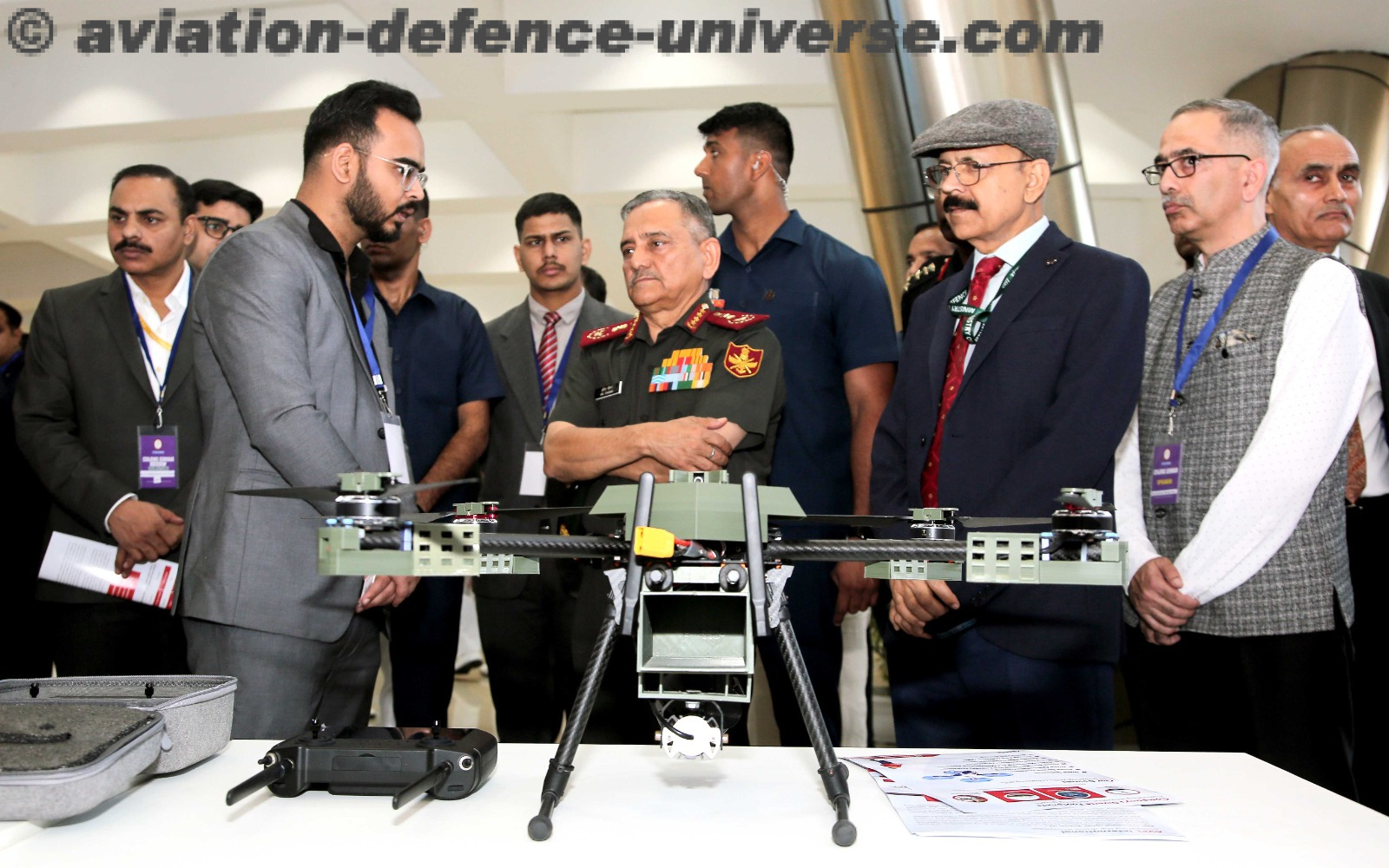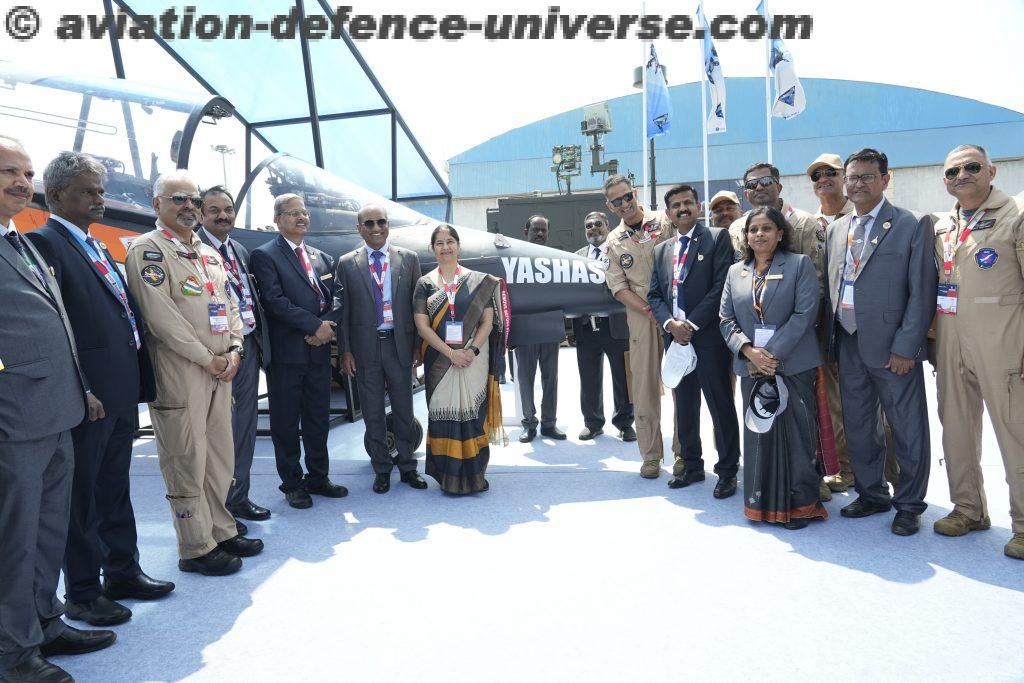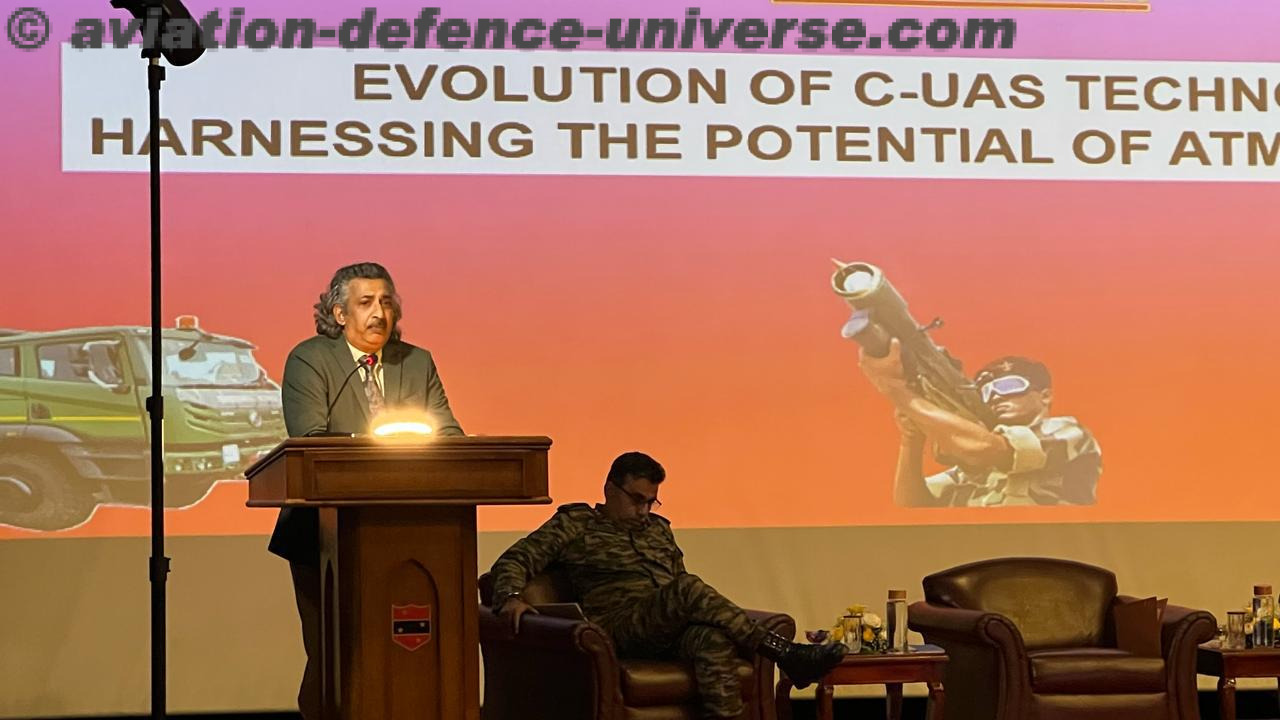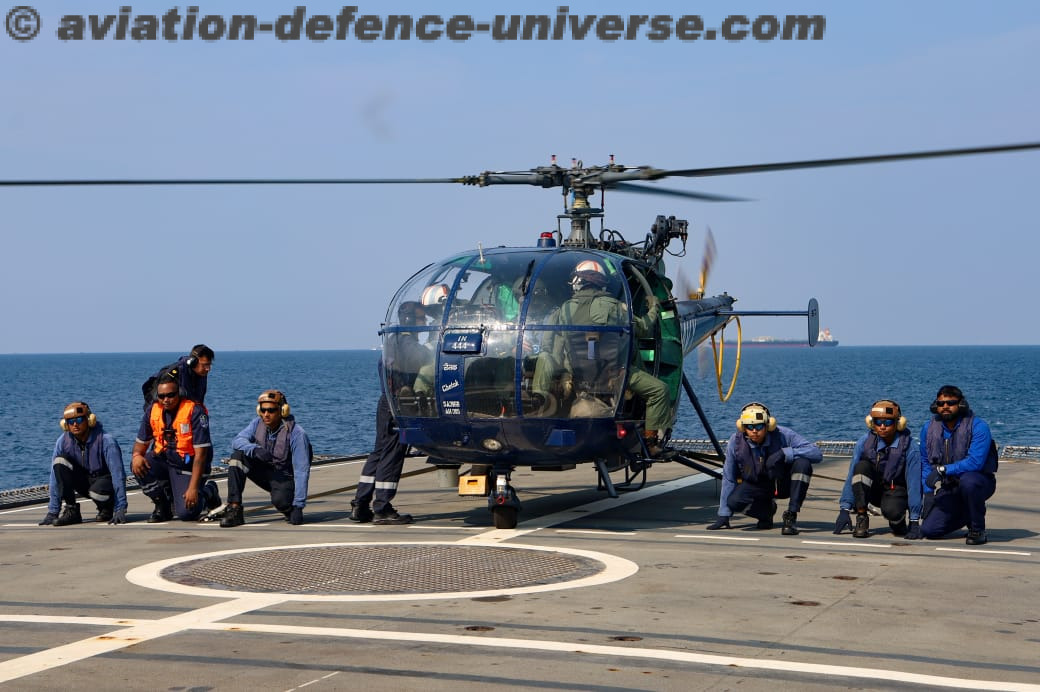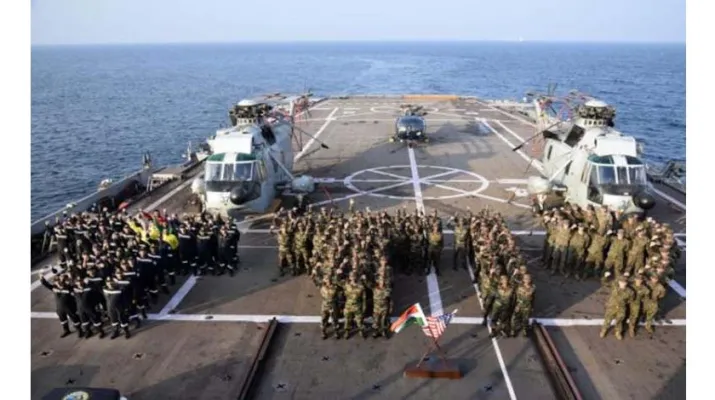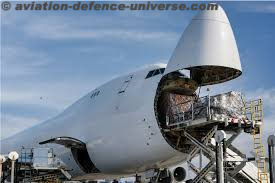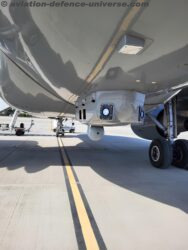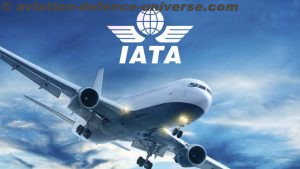Madrid . 11 December 2019. The International Air Transport Association (IATA) asked the European Union to support aviation’s energy transition to sustainable aviation fuels (SAF) as part of the bloc’s Green Deal, being launched .
“Aviation has high hopes for the European Commission’s Green Deal. We want to be part of Europe’s building of a new energy economy and we will do everything we can to make sustainable aviation fuels a priority for aviation in Europe and around the world,” said Alexandre de Juniac, IATA’s Director General and CEO, at the Sustainable Innovation Forum running alongside the UN COP25 Climate Talks in Madrid, Spain.
Policy measures must be carefully considered. “Taxes are a politician’s way out. They are easy to put in place and make it look like action is being taken. It requires more time and more effort to put in place a package of measures that can actually reduce emissions in the long-term. But if designed correctly, they will advance sustainability much more than a blunt tax ever could,” said de Juniac.
Since SAF were first certified as ready for use in commercial operations in 2009, over 215,000 flights have taken off using some blend of this low carbon fuel. The industry believes that achieving 2% of global jet fuel from non-fossil sources by 2025 could create a tipping point for production and cost of SAF. The 14 production facilities currently operating, under construction or in the final stages of financing and planning take the industry a long way towards the 2% goal. But more progress is needed.
The role of governments in energy transition has been mapped in the successful development of solar and wind solutions for power generation. Aviation should be the priority for sustainable liquid fuels.
“Electrification of road vehicles is tried, tested, scalable and on the market today. Aviation should be a policy priority because it does not have a near-term electrification option,” said de Juniac.
Traditional energy suppliers must also prioritize investment in SAF. “The major oil companies have the expertise, the distribution networks and – importantly – the financial power to make a real difference. I call on them to make this an absolute priority, helping to underpin global connectivity for future generations by making sustainable aviation fuels a commercial reality,” said de Juniac.
SAF are a critical component of aviation’s long-term efforts to cut its emissions to half 2005 levels by 2050. The industry’s strategy to achieve this also includes significant investment in new technology aircraft, research into electric and hybrid propulsion, programs to improve operational efficiency, and the world’s first global sectoral climate mechanism, CORSIA.








